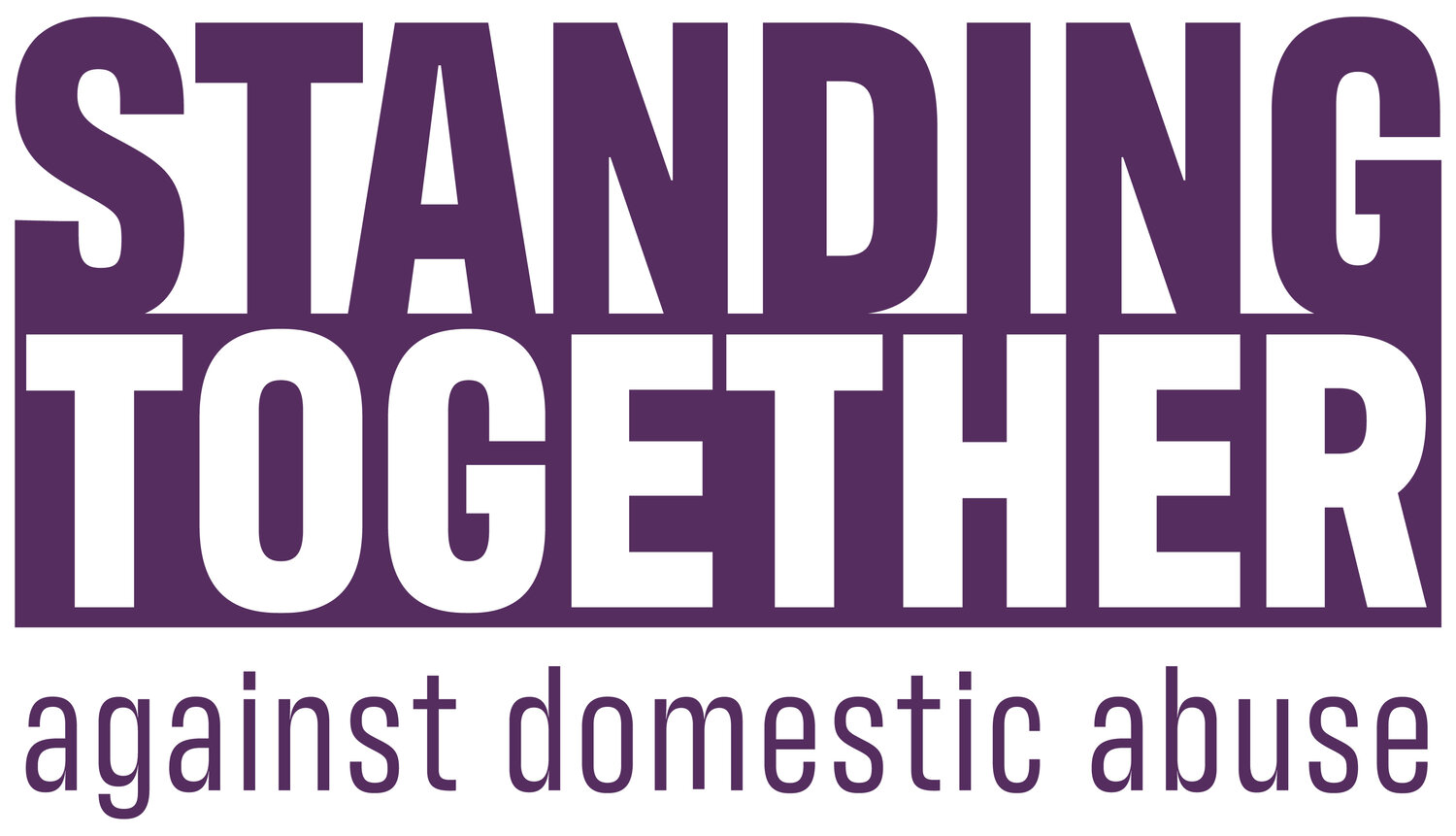Are MARACs Effective for Harmful Practices? Research Paper and Toolkit
This paper examines the effectiveness of MARACs for harmful practices, and focuses on 5 key areas, identifying concerns and gaps, as well as exploring alternative ways of working:
Professional understanding of harmful practices in MARAC Settings
The value of by and for agencies to MARAC and how this impacts harmful practices cases
Reconstructing the structure of MARAC for harmful practices cases
Harmful practices as a referral criteria for MARAC
The value of collecting MARAC data on harmful practices
The paper is accompanied by a toolkit which supports MARACs to improve practice for harmful practices cases.
MARAC Models Guidance
Guidance for MARAC Reps, Chairs and Co-ordinators
Data Collection Guidance
In 2021 the University of Suffolk produced a briefing paper, using data from a local Harmful Practices Operational Group co-chaired by AWRC and co-ordinated by Standing Together Against Domestic Abuse:
In 2023 Standing Together Against Domestic Abuse produced a paper exploring MARAC data and harmful practices:





